Find Help
More Items From Ergsy search
-
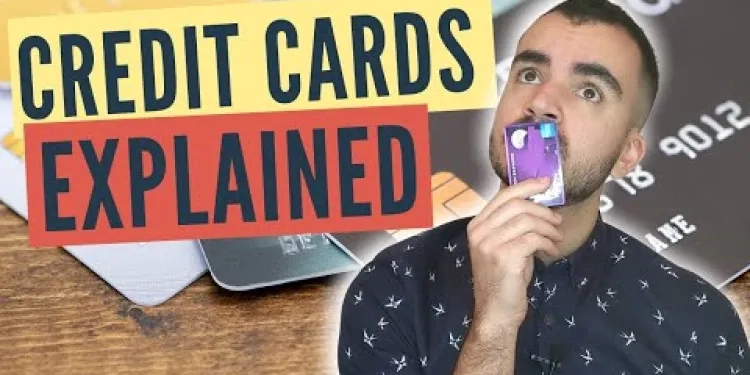
Credit Cards for Beginners Explained UK | Do's and Don't | Type of Cards
Relevance: 100%
-
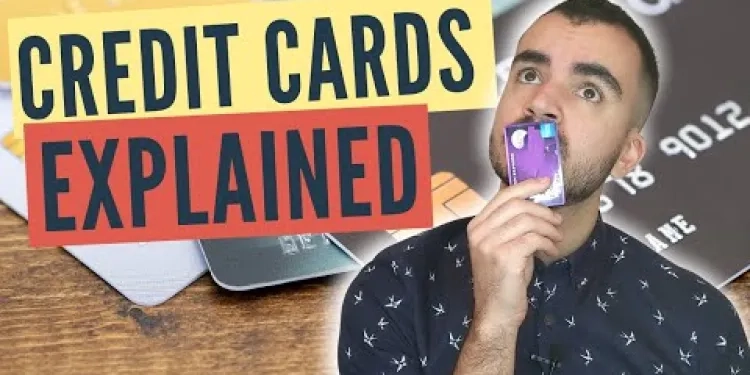
Credit Cards for Beginners Explained UK | Do's and Don't | Type of Cards
Relevance: 99%
-
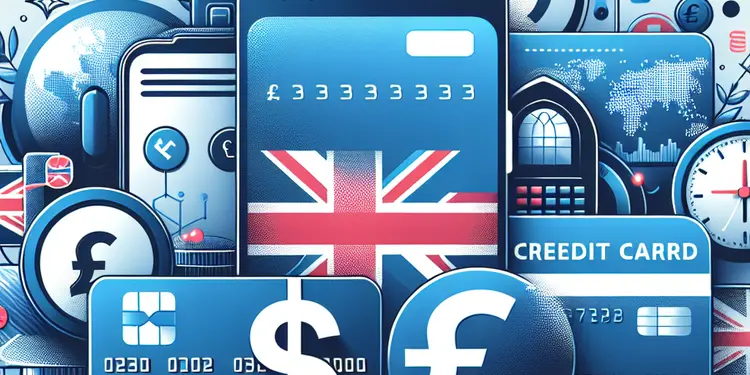
What is credit card fraud?
Relevance: 71%
-
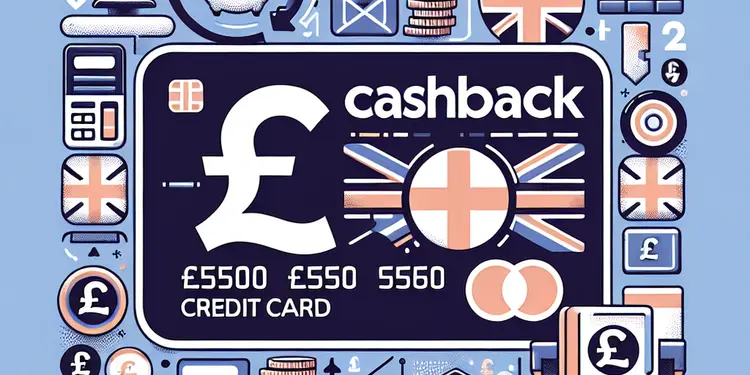
What is a cashback credit card?
Relevance: 70%
-
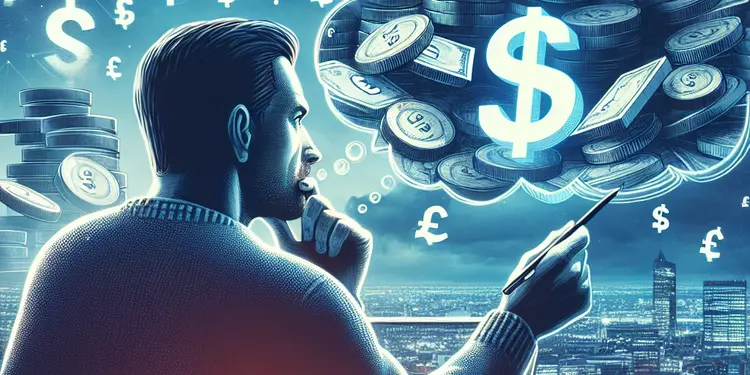
Is a cashback credit card right for me?
Relevance: 68%
-

What is a Balance Transfer Credit Card?
Relevance: 66%
-
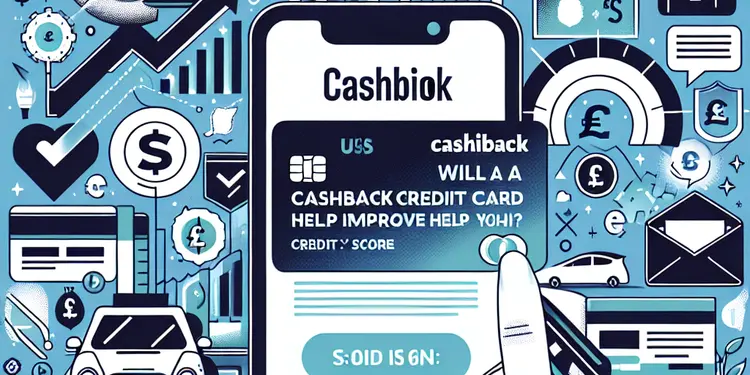
Will a cashback credit card help improve my credit score?
Relevance: 66%
-
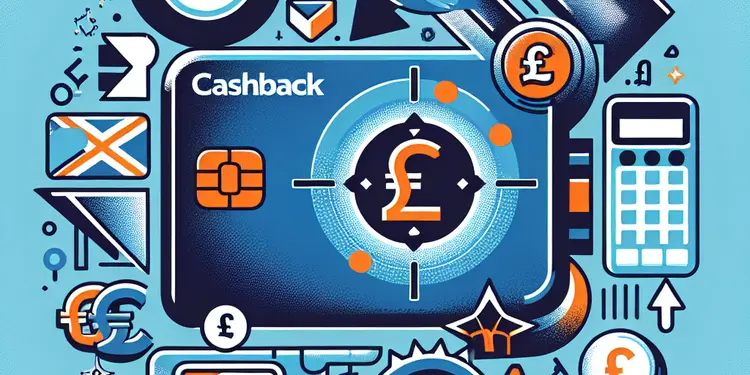
How does a cashback credit card work?
Relevance: 65%
-
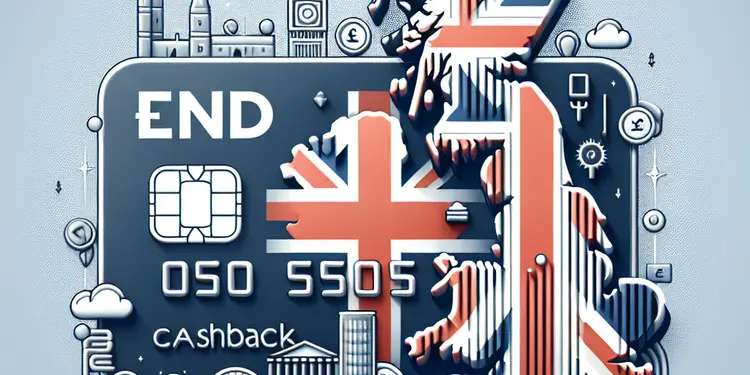
What should I look for in a cashback credit card?
Relevance: 63%
-
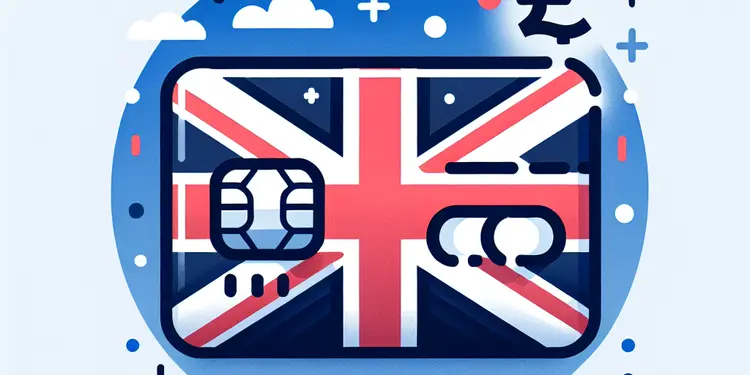
Are there any drawbacks to using a cashback credit card?
Relevance: 63%
-
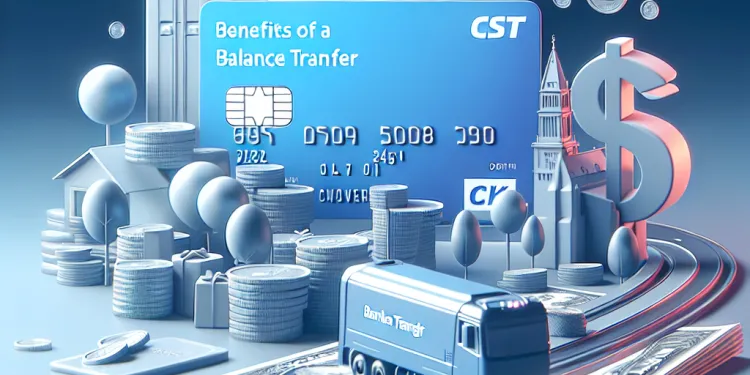
What are the benefits of a balance transfer credit card?
Relevance: 62%
-
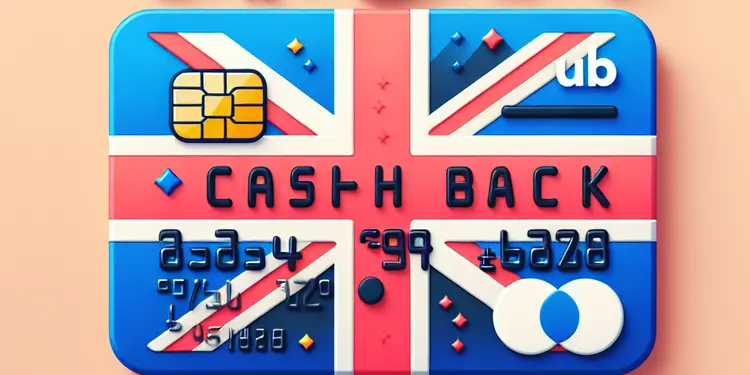
Can I transfer cashback rewards to another credit card?
Relevance: 62%
-
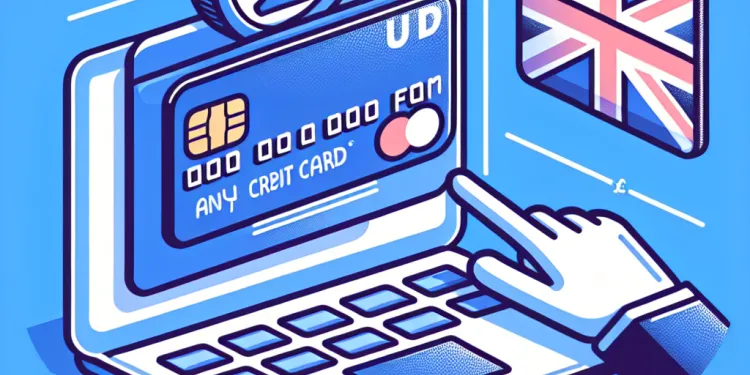
Can I transfer balances from any credit card?
Relevance: 61%
-
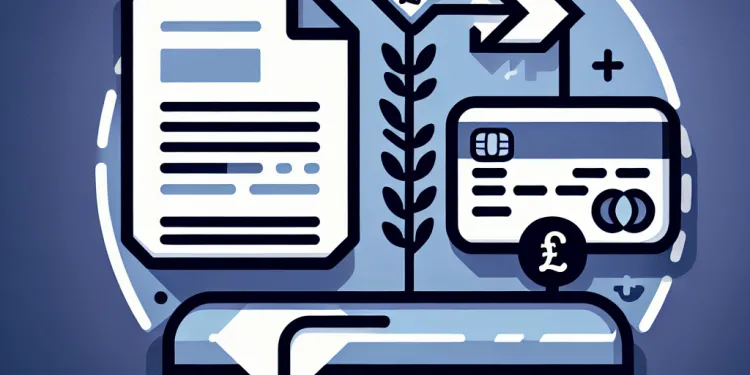
Can I transfer a balance from a loan to a credit card?
Relevance: 61%
-
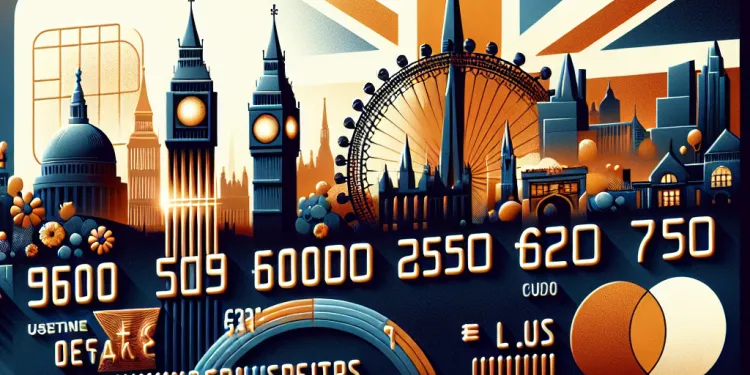
What is a good credit score to qualify for a balance transfer card?
Relevance: 60%
-
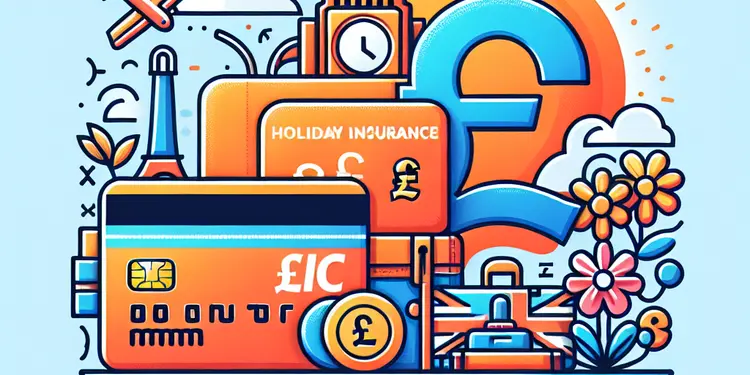
Is it necessary to have holiday insurance if I have a credit card with travel benefits?
Relevance: 57%
-

How do I apply for a balance transfer card?
Relevance: 54%
-
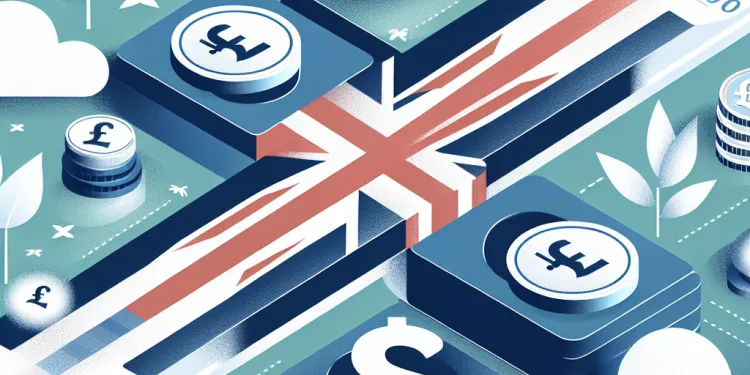
Can I transfer a balance to a card with no promotional offer?
Relevance: 52%
-
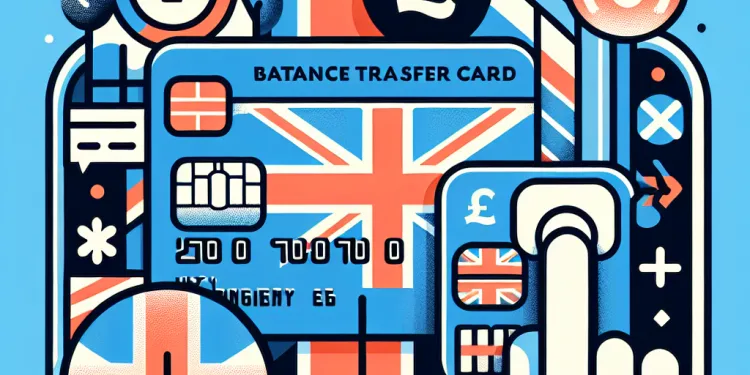
Can I use a balance transfer card for new purchases?
Relevance: 49%
-
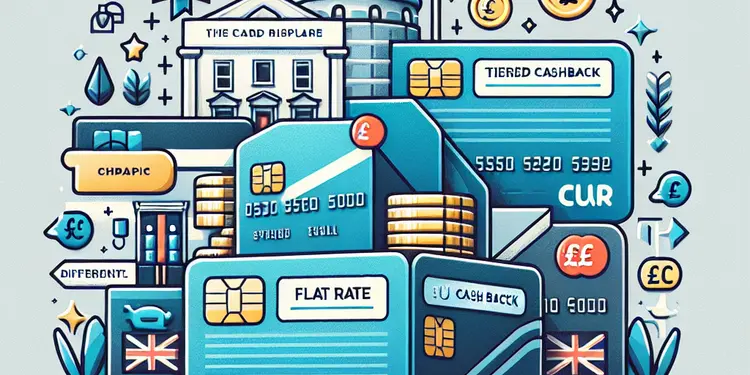
What is the difference between flat-rate and tiered cashback cards?
Relevance: 49%
-
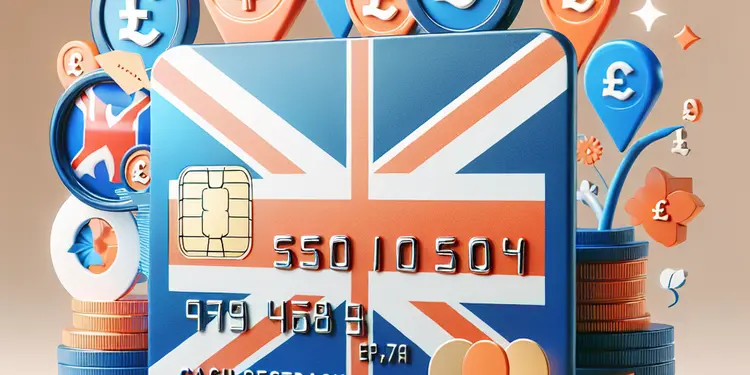
Do cashback credit cards offer sign-up bonuses?
Relevance: 48%
-
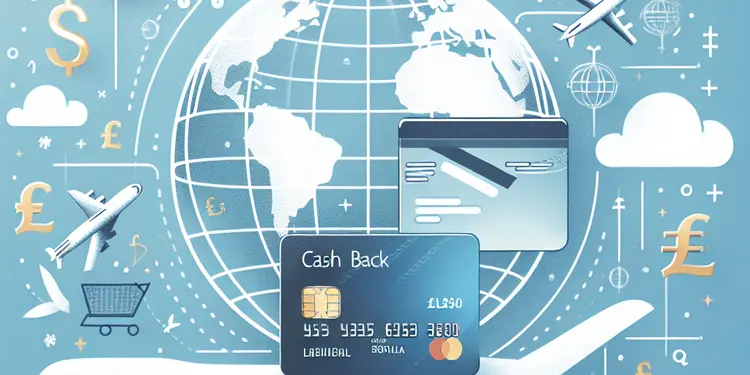
Can I use a cashback credit card abroad?
Relevance: 47%
-
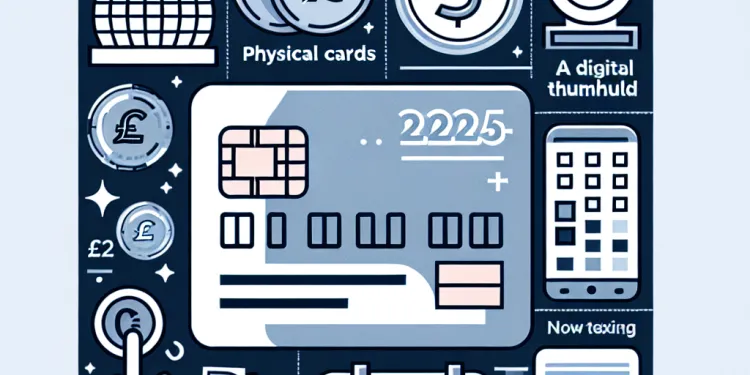
Is the physical card still valid after 2025?
Relevance: 46%
-
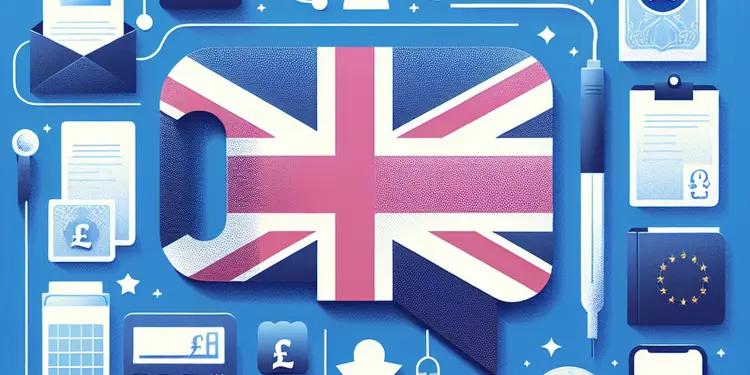
Can I use my EHIC card for medical treatment in the EU?
Relevance: 44%
-

Is the EHIC or GHIC card still valid in France and Spain?
Relevance: 41%
-
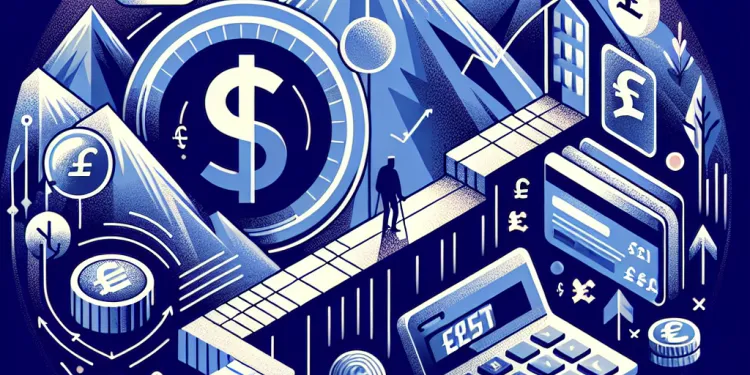
What is a balance transfer credit limit?
Relevance: 41%
-

Will transferring a balance affect my credit score?
Relevance: 40%
-
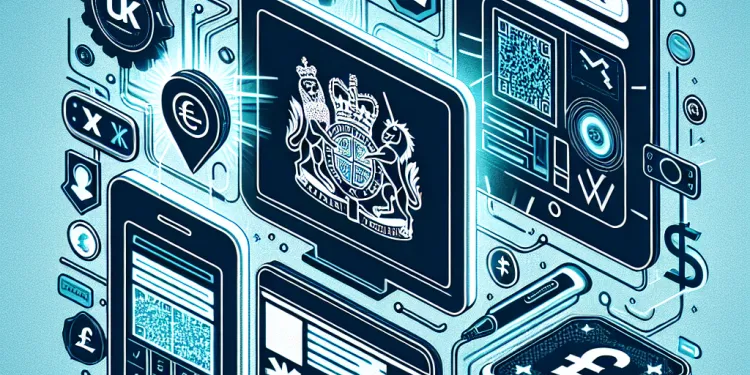
Will the digital driving license replace the physical card?
Relevance: 39%
-
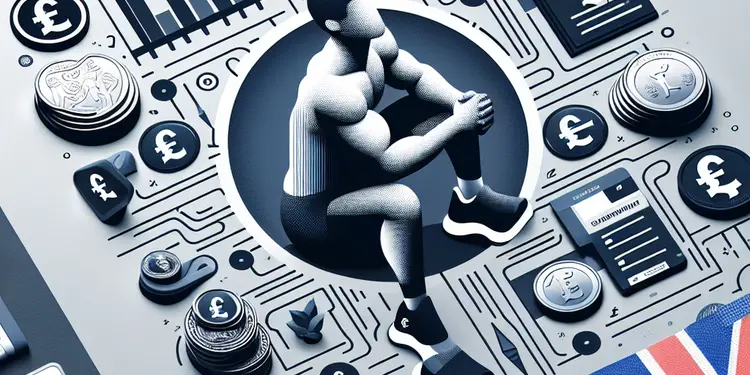
Is Hyrox suitable for beginners?
Relevance: 35%
-
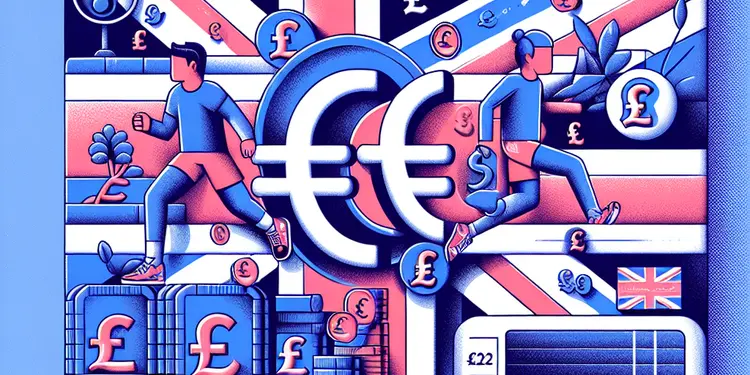
Is it suitable for beginners to try mixed exercises?
Relevance: 34%
-
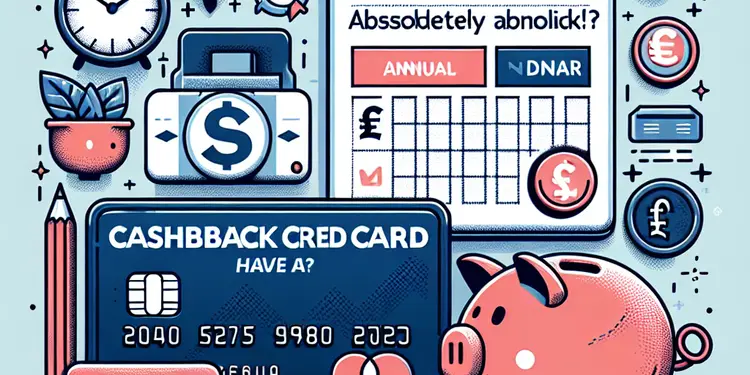
Do cashback credit cards have annual fees?
Relevance: 31%
-
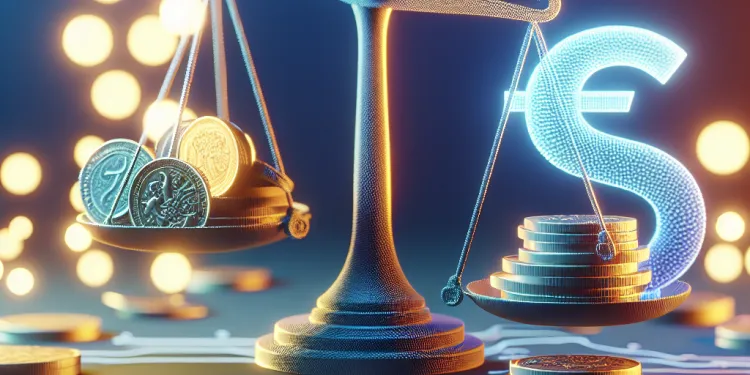
Is a balance transfer the right choice for me?
Relevance: 30%
-
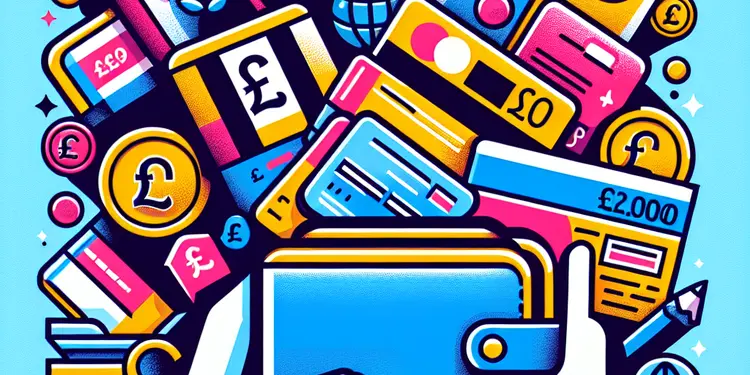
Do I earn cashback on all purchases?
Relevance: 29%
-
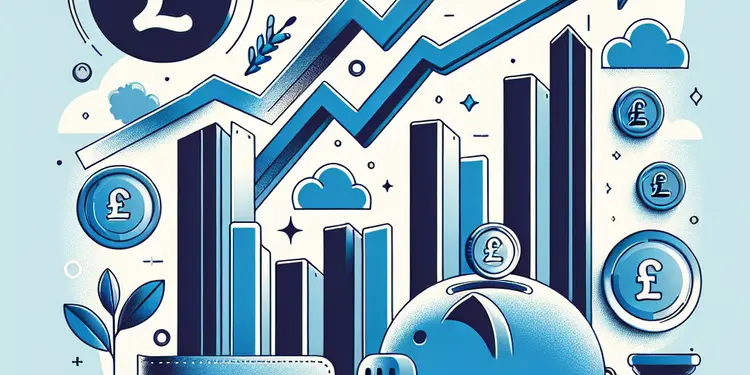
How can I maximize my cashback earnings?
Relevance: 28%
-

Are there any fees associated with balance transfers?
Relevance: 28%
-
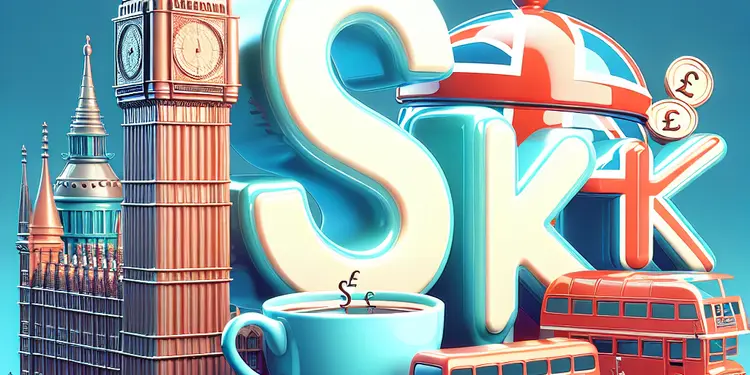
Is there a limit on how much cashback I can earn?
Relevance: 28%
-
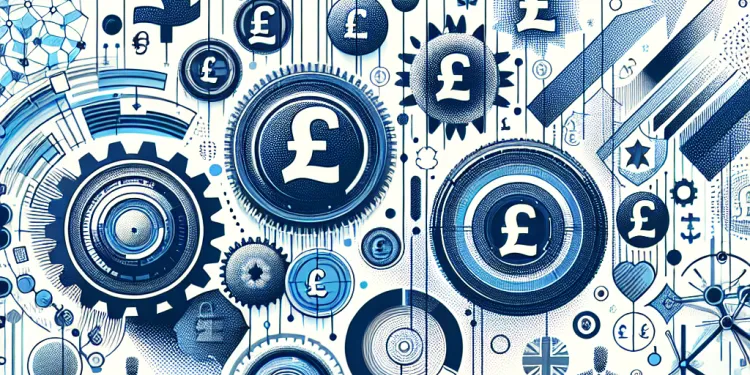
How does a balance transfer work?
Relevance: 28%
-
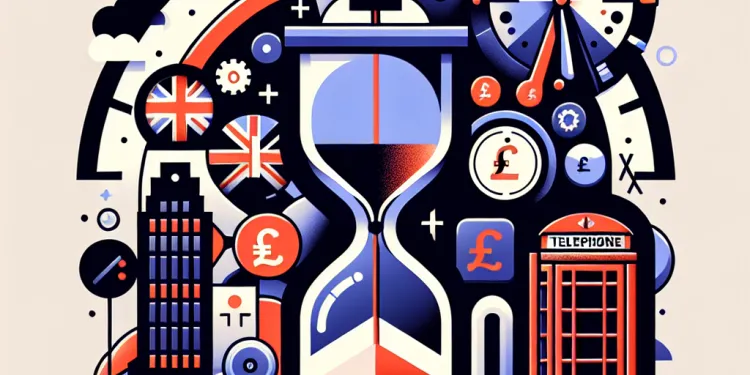
What is the typical duration of a promotional balance transfer offer?
Relevance: 28%
-

Do balance transfer offers apply to new purchases?
Relevance: 28%
-
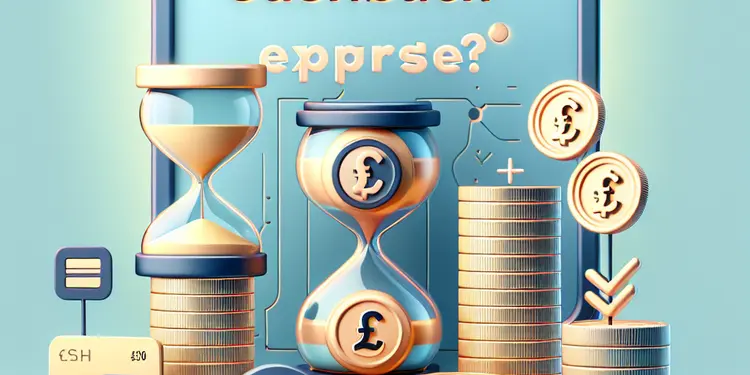
Can cashback rewards expire?
Relevance: 28%
Credit Cards for Beginners Explained in the UK
Understanding credit cards is essential for anyone looking to establish or improve their credit score, manage their finances, or make convenient purchases. In the UK, credit cards offer diverse benefits but also require responsible use to avoid financial pitfalls.
Types of Credit Cards
There are several types of credit cards available in the UK, each catering to different needs. Standard credit cards offer basic features and are suitable for everyday use. Reward credit cards allow you to earn points, cashback, or travel perks on your purchases. Balance transfer credit cards enable you to transfer existing debt to a card with a lower interest rate, which can help reduce interest payments. Lastly, credit builder cards are designed for individuals with a limited or poor credit history, providing an opportunity to improve one's credit score over time.
Do's
When using credit cards, it's crucial to use them wisely. Always pay your bill in full and on time to avoid interest charges and late fees. Be sure to keep track of your spending to ensure you stay within your budget. It's also wise to understand the terms and conditions of your card, including the interest rate, fees, and any rewards program details. Utilizing any extra features like fraud protection or purchase protection can also add value to your credit card use.
Don'ts
Avoid the trap of making only the minimum payment each month, as this can lead to accruing high interest charges and increase your overall debt. Don’t max out your credit limit; aim to maintain a low credit utilization ratio, ideally below 30% of your total credit limit. Refrain from taking out cash advances, as they often come with high fees and interest rates. Be cautious about applying for multiple credit cards at once, as each application can impact your credit score.
Conclusion
Credit cards can be a valuable financial tool when used responsibly. Understanding the different types of credit cards available in the UK and following the dos and don'ts of credit card usage can help beginners make informed decisions. With proper management, credit cards can contribute positively to your financial health and help you achieve a solid credit history.
Credit Cards: Easy Guide for Beginners in the UK
Credit cards are useful for managing money and buying things easily. In the UK, they have many benefits. But you must use them wisely to avoid money problems.
Types of Credit Cards
There are different types of credit cards in the UK for various needs. Standard credit cards are good for everyday things. Reward credit cards give you points, money back, or travel rewards when you buy things. Balance transfer credit cards let you move money from a card with high interest to one with lower interest, saving you money. Credit builder cards help people with little or bad credit history to improve their credit score.
Smart Tips for Using Credit Cards
Here are some smart tips for using credit cards: Pay your bill in full and on time to avoid extra charges. Keep an eye on how much you spend to stay on budget. Learn about your card, like its interest rate and any special rewards. Use features like fraud protection and purchase protection for added safety.
Things to Avoid
Try to avoid these things with credit cards: Don’t just pay the minimum each month, as it can cost more in interest. Don’t use up all your credit limit; keeping it below 30% is better. Avoid cash advances since they have high fees and rates. Don't apply for many cards at once as it can lower your credit score.
Conclusion
Credit cards can be helpful if used carefully. Knowing about the different credit cards and following smart tips will help beginners make good choices. With the right use, credit cards can help you have a healthy financial life and build a good credit history.
Frequently Asked Questions
What is a credit card and how does it work?
A credit card is a payment card that allows you to borrow funds from a pre-approved limit set by the bank to make purchases. You must repay the borrowed amount each month, either in full or in part, with interest applied on outstanding balances.
What are the different types of credit cards available in the UK?
In the UK, common types of credit cards include balance transfer cards, purchase cards, reward cards, cashback cards, travel credit cards, and credit builder cards.
What is a balance transfer card?
A balance transfer card helps you move existing credit card debt to a new card, often with a lower or 0% interest rate for a limited period, making it easier to pay off your balance.
How can a credit builder card improve my credit score?
Credit builder cards are designed for people with no or poor credit history. By using the card responsibly and making timely payments, you can demonstrate good financial habits, which might improve your credit score over time.
What are the benefits of a cashback card?
Cashback cards offer a percentage of your spending back as a cash reward. They are ideal for regular spenders looking to earn while they spend.
Are there any fees associated with credit cards?
Yes, credit cards may have various fees, including annual fees, late payment fees, balance transfer fees, foreign transaction fees, and cash advance fees.
How is interest calculated on a credit card?
Interest on a credit card is calculated based on your outstanding balance at the end of each billing cycle. The interest rate is often applied daily to the balance, and it accumulates until paid off.
What is a credit limit, and how is it determined?
A credit limit is the maximum amount you can borrow using your credit card. It is determined by the card issuer based on your creditworthiness, income, and credit history.
What is a minimum payment, and why is it important?
The minimum payment is the smallest amount you need to pay each month to keep your account in good standing. Not paying the minimum can lead to late fees, penalties, and damage to your credit score.
How can I manage my credit card spending effectively?
To manage your credit card spending effectively, set a clear budget, track your spending, pay your balance in full each month to avoid interest, and monitor your statements regularly for any unauthorized transactions.
What happens if I miss a credit card payment?
Missing a credit card payment can result in late fees, increased interest rates, and potential damage to your credit score. It is essential to pay at least the minimum due by the payment deadline.
How can I apply for a credit card in the UK?
You can apply for a credit card online through your bank’s website or visit a bank branch. You’ll need to provide personal and financial information, and meet the eligibility criteria set by the issuer.
What is a credit card statement, and what information does it include?
A credit card statement is a monthly summary of your credit card activity, showing your transactions, the balance due, the minimum payment required, the payment deadline, and any fees or interest charged.
Can I use my UK credit card abroad?
Yes, most UK credit cards can be used abroad, but be aware of foreign transaction fees that may apply. Consider using a travel credit card that offers fee-free transactions for international purchases.
What should I do if my credit card is lost or stolen?
If your credit card is lost or stolen, immediately contact your card issuer to report it. They will block the card to prevent unauthorized use and issue a replacement card.
What is a Credit Card and How Does It Work?
A credit card is a special card that lets you buy things now and pay later. It's like borrowing money from the bank.
Here’s how it works:
- You use the card to buy things. It's easy and fast.
- Each month, you get a bill. This bill shows what you bought and how much you need to pay back.
- You can pay the whole amount or just part of it. If you pay part, you need to pay extra money later. This is called interest.
Helpful tools:
- Calculator: Use it to check how much you have spent.
- Calendar: Mark the date to pay your bill so you don’t forget.
A credit card is a special card you can use to buy things. The bank lets you borrow money up to a certain limit with this card. Every month, you need to pay back the money you borrowed. You can pay all of it back or just some of it. If you don’t pay it all back, you will have to pay extra money called interest.
- Tip: Use a calendar or phone reminder to help remember when to pay back.
- Tool: A calculator can help you figure out how much interest you might need to pay.
What kinds of credit cards can you get in the UK?
Credit cards are like a borrowing tool. You use them to pay now and give back the money later. There are different kinds of credit cards you can get in the UK. Here are some examples:
- Standard Credit Cards: For everyday shopping.
- Rewards Cards: You get points or money back when you use them.
- Travel Cards: These are good for buying things when you travel.
- Balance Transfer Cards: These help you move debt from one card to another.
- Student Cards: Made for students, often with special deals.
Remember to choose the card that works best for what you need.
If reading is hard, here are some ways to make it easier:
- Use a finger to follow the words along the page.
- Read out loud to help understand better.
- Ask someone to explain if you need more help.
In the UK, there are different types of credit cards. These include:
- Balance Transfer Cards: Help move your credit card debt to a new card.
- Purchase Cards: Good for buying things and paying later.
- Reward Cards: Give you points or rewards when you use them.
- Cashback Cards: Give you some money back when you spend.
- Travel Credit Cards: Useful for spending money abroad.
- Credit Builder Cards: Help you improve your credit score if it's low.
What is a balance transfer card?
A balance transfer card is a special kind of bank card.
You can move money you owe from your old card to this new card.
This can help you save money on fees.
Here is how to use it:
- Check how long you have to pay back the money. This is called the "interest-free" period.
- Make a plan to pay back the money on time.
- Use a calendar or phone reminder to help you remember.
If you need help, ask a family member or friend. You can also use apps or budgeting tools to help keep track.
A balance transfer card helps you move money you owe on one credit card to a new card. The new card often has lower or 0% interest for a short time. This can make it easier to pay back the money you owe.
How can a credit builder card make my credit score better?
A credit builder card is a special type of card that helps you build a good credit score. If you use it the right way, it can show banks that you can manage money well.
Here is how it works:
- Use the card to buy small things, like snacks or drinks.
- Pay back the money on the card every month. Try to pay the full amount if you can.
- If you pay on time, your credit score can get better.
Tips to help you:
- Set reminders to pay the card bill.
- Use a calendar or phone app to keep track of spending.
- Use only a small amount of the money you have on the card.
These steps can help you show you are good with money. Then, your credit score can go up!
Credit builder cards help people who do not have a credit history or have a bad one. If you use the card wisely and pay your bills on time, it shows you are good with money. This might make your credit score better over time.
Why is a cashback card good?
A cashback card gives you money back when you buy things.
Here is how it helps:
- You get some money back every time you shop.
- Saves you money over time.
- Simple to use, like a regular card.
If you need help with reading, try these tips:
- Read slowly.
- Ask someone for help.
- Use online tools that read text out loud.
Cashback cards give you money back when you buy things. They are great for people who shop a lot and want to get some money back.
Do you have to pay money to use a credit card?
Credit cards can have extra charges, like:
- A yearly fee to keep the card
- Interest if you don't pay all the money back on time
- Fees for using the card in other countries
- Late fees if you miss a payment
Here are some tips to help:
- Read letters and statements from your card company
- Use a calculator to understand costs
- Ask someone you trust to explain it to you
- Use online tools to keep track of your spending
Yes, credit cards can have different charges. These charges can include:
- Yearly charge for using the card
- Charge for paying your bill late
- Charge for moving money from one card to another
- Charge for using the card in another country
- Charge for taking out cash with your card
If you need help with reading, you can try using text-to-speech tools or larger fonts to make the text easier to understand.
How do you work out interest on a credit card?
Here’s how you can understand credit card interest:
- Monthly bill: When you buy something with your credit card, you get a bill each month.
- Pay on time: If you pay all of the bill by the due date, you usually don’t pay extra money.
- Interest: If you don’t pay all the money you owe, you start to pay extra money. This extra money is called "interest".
- How much interest: The credit card company uses a rate to figure out how much extra money you pay. This is called an "interest rate".
If you find it hard to keep track, you can use a calculator or a money app to help you.
Interest on a credit card is money you pay to borrow money. It is calculated based on how much you owe at the end of each billing cycle, which is usually about a month. The interest rate is like a fee you pay every day on what you owe, and it will keep adding up until you pay it all off.
To make it easier to manage credit card payments, you can try these tips:
- Pay as much as you can each month to reduce your balance.
- Set up reminders to make sure you don’t miss a payment.
- Use online calculators to see how much interest you will pay.
- Consider using budgeting apps to track spending.
What is a credit limit and how do they decide it?
A credit limit is the most money you can borrow on a credit card or loan. It's like a spending cap.
Banks or credit card companies decide your credit limit by looking at some things:
- Your income: How much money you earn.
- Your credit score: A number that shows how good you are at paying back money.
- Your debts: How much money you already owe.
Tip: You can use apps or tools to help you keep track of your money and spending.
A credit limit is the most money you can use with your credit card. The bank or company who gave you the card decides this limit. They look at how you handle money, how much money you make, and how you have used credit before.
What is a minimum payment, and why is it important?
A minimum payment is the smallest amount of money you have to pay on a bill each month.
It is important because if you don't pay it, you might have to pay extra fees or your bill could get bigger.
Try to pay more than the minimum if you can, to make your debt smaller faster.
You can use a calendar or reminder app to help remember to pay on time.
The minimum payment is the smallest amount of money you need to pay every month. This helps keep your account in good shape. If you don't pay at least this amount, you might have to pay extra fees, get penalties, and it can hurt your credit score.
How can I use my credit card smartly?
To use your credit card wisely, do these things:
1. Make a plan for your money. This is called a budget.
2. Keep an eye on what you buy with your card.
3. Try to pay all the money you owe each month so you don’t have to pay extra charges.
4. Check your bill often to make sure no one else is using your card without you knowing.
What happens if I do not pay my credit card on time?
If you forget to pay your credit card bill, here is what can happen:
- You might have to pay extra money because of late fees.
- Your next bill could be bigger because of extra interest.
- Your credit score might go down, which can make it harder to get loans later.
Here are some tips to help you remember to pay your bill on time:
- Set a reminder on your phone or calendar.
- Use automatic payments from your bank.
If you don't pay your credit card bill on time, you might have to pay extra money called late fees. You could also have to pay more interest, which means the cost of borrowing money goes up. Not paying on time can also hurt your credit score. This is a number that shows if you are good at paying back money you borrow.
It's very important to pay at least the smallest amount you owe by the date it is due. This helps you avoid extra costs and keeps your credit score healthy.
Some helpful tools to remember your payments on time are setting calendar reminders or using apps that alert you before your payment is due. You can also set up automatic payments so the money is paid on time every month.
How do I get a credit card in the UK?
Do you want a credit card? Here is how you can get one:
1. **Find a card**: Look online or ask an adult to help you find a credit card that is right for you.
2. **Check if you can get it**: Make sure you are old enough and live in the UK. You may need to have a job or money coming in.
3. **Fill in a form**: You can fill in an online form or a paper form. You will need to tell them your name, address, and other details.
4. **Wait for approval**: The bank or credit card company will look at your form and decide if you can have the card.
5. **Get your card**: If they say yes, you will get your credit card in the mail.
Tip: Ask someone to help you if you find it hard to do on your own.
Tool: Use a calculator to help with numbers or ask a friend if you need help.
You can get a credit card by applying online on your bank's website or by going to the bank. You need to give some personal information and details about your money. You also need to meet the rules set by the bank.
Here are some helpful tips:
- Ask someone you trust to help you with the application.
- Use a calculator to work out your money details.
- Take your time to read everything carefully.
What is a credit card statement, and what information does it include?
A credit card statement is a paper or online page from the bank.
It shows you what you spent with your credit card.
Here is what you can find on it:
- Balance: The total money you owe.
- Transactions: All the things you bought.
- Payment Due Date: When you must pay the money back.
- Minimum Payment: The smallest amount you must pay.
Helpful tip: Use a calendar or phone reminder to remember payments!
A credit card statement is a piece of paper that comes every month. It tells you:
- What you bought with your credit card.
- How much money you need to pay back.
- The smallest amount you can pay this month.
- When you need to pay it by.
- Any extra costs or charges.
Here are some tips to help you:
- Use a highlighter to mark important numbers.
- Ask someone you trust to go over it with you.
- Use a calendar or reminder on your phone to remember the payment deadline.
Can I use my UK credit card in other countries?
Yes, you can use your UK credit card when you travel to other countries. Here are some simple tips to help you:
- Tell your bank that you are going on a trip. This helps make sure your card works while you are away.
- Check if your card has extra charges for using it in other countries.
- If you have questions, call the number on the back of your card for help.
Using a credit card can be a safe way to pay when you are not at home.
Yes, you can use most UK credit cards in other countries. But you might have to pay extra fees. You can use a travel credit card that does not charge extra fees when you buy things in other countries.
What to Do If You Lose Your Credit Card or It Gets Stolen
If you lose your credit card or it gets stolen, do this:
- Tell your bank or credit card company right away. You can call them on the phone.
- They will stop anyone from using your card.
- The bank will send you a new card.
- Keep an eye on your bank statements for any strange charges.
If you need help, ask a friend or family member to support you.
If your credit card is lost or stolen, tell your bank right away. They will stop anyone else from using it and send you a new card.
Useful Links
This website offers general information and is not a substitute for professional advice.
Always seek guidance from qualified professionals.
If you have any medical concerns or need urgent help, contact a healthcare professional or emergency services immediately.
- Ergsy carfully checks the information in the videos we provide here.
- Videos shown by Youtube after a video has completed, have NOT been reviewed by ERGSY.
- To view, click the arrow in centre of video.
- Most of the videos you find here will have subtitles and/or closed captions available.
- You may need to turn these on, and choose your preferred language.
- Go to the video you'd like to watch.
- If closed captions (CC) are available, settings will be visible on the bottom right of the video player.
- To turn on Captions, click settings .
- To turn off Captions, click settings again.
More Items From Ergsy search
-

Credit Cards for Beginners Explained UK | Do's and Don't | Type of Cards
Relevance: 100%
-

Credit Cards for Beginners Explained UK | Do's and Don't | Type of Cards
Relevance: 99%
-

What is credit card fraud?
Relevance: 71%
-

What is a cashback credit card?
Relevance: 70%
-

Is a cashback credit card right for me?
Relevance: 68%
-

What is a Balance Transfer Credit Card?
Relevance: 66%
-

Will a cashback credit card help improve my credit score?
Relevance: 66%
-

How does a cashback credit card work?
Relevance: 65%
-

What should I look for in a cashback credit card?
Relevance: 63%
-

Are there any drawbacks to using a cashback credit card?
Relevance: 63%
-

What are the benefits of a balance transfer credit card?
Relevance: 62%
-

Can I transfer cashback rewards to another credit card?
Relevance: 62%
-

Can I transfer balances from any credit card?
Relevance: 61%
-

Can I transfer a balance from a loan to a credit card?
Relevance: 61%
-

What is a good credit score to qualify for a balance transfer card?
Relevance: 60%
-

Is it necessary to have holiday insurance if I have a credit card with travel benefits?
Relevance: 57%
-

How do I apply for a balance transfer card?
Relevance: 54%
-

Can I transfer a balance to a card with no promotional offer?
Relevance: 52%
-

Can I use a balance transfer card for new purchases?
Relevance: 49%
-

What is the difference between flat-rate and tiered cashback cards?
Relevance: 49%
-

Do cashback credit cards offer sign-up bonuses?
Relevance: 48%
-

Can I use a cashback credit card abroad?
Relevance: 47%
-

Is the physical card still valid after 2025?
Relevance: 46%
-

Can I use my EHIC card for medical treatment in the EU?
Relevance: 44%
-

Is the EHIC or GHIC card still valid in France and Spain?
Relevance: 41%
-

What is a balance transfer credit limit?
Relevance: 41%
-

Will transferring a balance affect my credit score?
Relevance: 40%
-

Will the digital driving license replace the physical card?
Relevance: 39%
-

Is Hyrox suitable for beginners?
Relevance: 35%
-

Is it suitable for beginners to try mixed exercises?
Relevance: 34%
-

Do cashback credit cards have annual fees?
Relevance: 31%
-

Is a balance transfer the right choice for me?
Relevance: 30%
-

Do I earn cashback on all purchases?
Relevance: 29%
-

How can I maximize my cashback earnings?
Relevance: 28%
-

Are there any fees associated with balance transfers?
Relevance: 28%
-

Is there a limit on how much cashback I can earn?
Relevance: 28%
-

How does a balance transfer work?
Relevance: 28%
-

What is the typical duration of a promotional balance transfer offer?
Relevance: 28%
-

Do balance transfer offers apply to new purchases?
Relevance: 28%
-

Can cashback rewards expire?
Relevance: 28%


